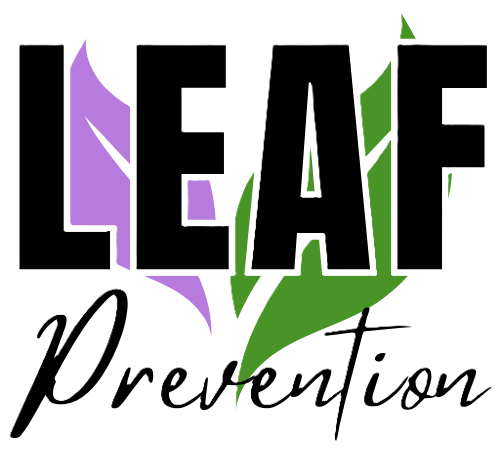

Blog Posts
It’s never too early to start the conversation about substance use. As soon as children are able to converse, parents can start teaching them how to make healthy choices—a skill that will serve them well in adulthood. Here are ten tips for talking with little ones about substance use.
- Look for Teachable Moments in Everyday Life. In your daily interactions with your young child, look for ways to point out substance use and discuss the consequences at an age-appropriate level. These moments could come from TV, movies, or real life.
- Talk About the Importance of Caring for Our Bodies. Even young children can understand that there are healthy choices (such as eating, sleeping, drinking water, or moving our bodies) and harmful choices (smoking, drinking too much alcohol, or using other substances). Point out ways that you and your child both take care of your bodies. Explain why it’s important in simple terms.
- Use Stories, Analogies, and Examples.
Bring the conversation to life with a story or example. A child may not grasp that using drugs can harm their body—but a vehicle-obsessed toddler may be aware that a car needs gas to run effectively; putting something different in the car could stop the car from driving. Think of ways to tap into what your child already knows and build stories about healthy lifestyles from there.
- Don’t Do All the Talking.
A one-sided lecture simply won’t work with a younger child. To accommodate their attention span and learning level, make sure the conversation is interactive. Encourage the child to give their opinion or ask questions. As we mentioned earlier, stories and examples can keep a child engaged.
- Teach Children When It’s Okay to Say No.
Make sure your child understands how to refuse a harmful or unwanted substance. Let them know it’s okay to say no in these situations.
- Get Intentional with Pretend Play.
It can be helpful to do some role playing to give the child a chance to act out saying no or making healthy choices. Keep this age appropriate and positive—there’s no need to model what not to do.
- Set a Good Example.
Does your child see you drinking or using other substances at home? What sort of conversations do they overhear? Do you talk about alcohol or other drugs in ways that make them seem fun or relaxing (even if the conversation isn’t directed at your child)? Be aware of the messages your child may be perceiving.
- Connect with Your Child Every Day.
Make it a point to connect with your child regularly. Trusting relationships aren’t built only on scolding and cautionary lectures—be sure to invest in their life and maintain open communication. A child who feels safe with their parent is more likely to open up about challenging topics.
- Let Your Child Know You Care.
Kids of any age are eager to show their independence—and they may react strongly to any perceived “control” over their behavior. Instead of imposing an iron fist with strict rules and parental prying, try to emphasize how much you care about your child and their health. Encourage them to make healthy choices for themselves—which is something they’ll need to do throughout their adult lives.
- Be Prepared to Have Many Discussions About Substances.
This isn’t a one-and-done type of issue. Kids may need time to fully understand the implications of substance use. Plan to bring up the topic many times and continue the dialogue intentionally at every developmental stage.
If you have questions about substance use or how to talk to your child, reach out to LEAF at (607) 432-0090. Our mission is to strengthen families and build a healthy community!
Sources:
“Prevention Tips for Every Age.” Partnership to End Addiction. Accessed August 2, 2024. https://drugfree.org/article/prevention-tips-for-every-age/.
“Talking to Your Child About Drugs (for Parents).” November 2020. https://kidshealth.org/en/parents/talk-about-drugs.html.
“8 Tips for Talking to Kids About Drugs.” HealthPark Pediatrics (blog), March 30, 2020. https://www.healthparkpediatrics.com/tips-for-talking-to-kids-about-drugs/.